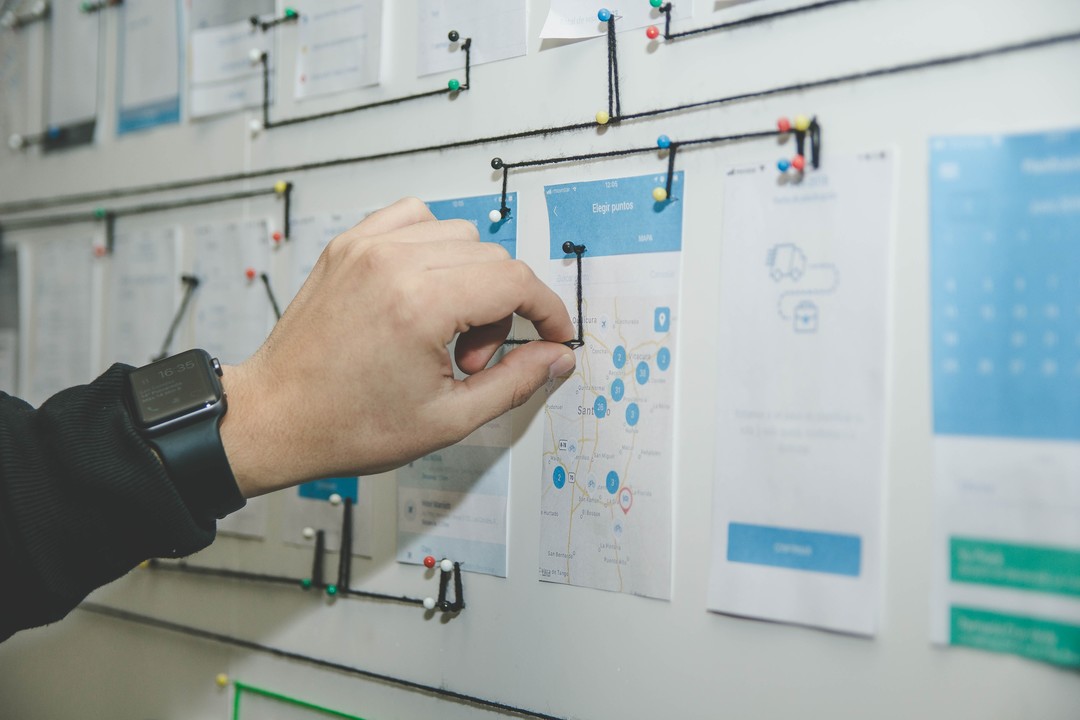News - 04.12.2019
How to Deal With The Worst-Case Scenario
What we're doing at Datum to prepare for a nightmare.

 Ben Widger
Ben Widger
Good companies will always plan for the worst-case scenario. They will have plans to address any number of situations, good or bad, but “plan A” should always include plans for the worst.
In regards to Brexit, those plans should obviously include the possibility that the UK will leave the EU with no deal. As a responsible company, that is what we have considered in our plans for the short-term future.
If the UK leaves without a deal, then you have a longer pause of Article 50, and no matter the reason for that situation our plan will be the same (because regardless of the causes, the resulting marketplace will likely be the same either way). The point of any plan is to have something to refer to over time, if it changed with every little thing, the plan wouldn’t be much use.
At Datum, We have commitments in place that we couldn’t get out of even if we wanted to, certainly in the short-term, so our plan must incorporate those things.
For example, whether or not the UK leaves, and under which terms, we have a site in poland we would keep. We have effectively buttoned up our EFT system so we can profitably run our operation in Poland in any economic climate, whether that’s from a manufacturing or finance point of view.
Even if there’s a delay to article 50 (for, say, a general election, referendum #2, or some other plan) we would keep all the things in place anyway. Because, under all those circumstances, you still (even if the deal is passed) would effectively keep it because you don’t know what the long-term relationship is going to be. Even if the deal is passed and it goes to December 2020.
That sounds like an overall better option, but that’s why plans are effective, they help us see what might happen, and anticipate the bad things.
In forming our plans, we had to consider all the options, and all the different circumstances. For example: at the end of that delay period, we still might not know what any agreement will be. There might not be a trade deal done by then at all. It might be unlikely there is a trade deal made by then. It might certainly be one that is acceptable to both sides, or contains the freedom of trade that we have at the moment. At what point does that become politically unacceptable and we have something even worse?
As with any contingency plan, whatever happens, until you have some vote, or something substantial happens, you need to maintain that contingency plan that you have already. It’s no use changing your plans if you have no new information.
One thing we can be certain of, however, is that the world is always changing.
By the mere action of having the referendum and invoking article 50, the world has already irreversibly changed. We can’t go back now. Things have happened and there are consequences to what we’ve done and said. You can’t go back to where you were, the day they called that referendum was the day that happened.
I wonder if everyone has quite realized that.
There’s too much water under the bridge now. As a leader, you have to keep that in mind. At a business like Datum, we’ve made our decision and we have to stick with it. It doesn’t help much to plan for things “going back to normal” because that has never happened, not once in the history of business.
Of course, when we mention the “worst-case” scenarios, there is a narrow range of scenarios where you would completely unwind as a business, and as a company.
Here is a specific example:
Datum still supplies the best steel in the industry, we still have the best service. Nobody in Europe can do what we do at the level of quality we do it. We won’t have to worry about tariffs, so we’ll still have all our advantages after Brexit, and be able to support the customers as much as we do already.
Let’s say, for the sake of argument, that all this Brexit nonsense results in only six months of disruption, and once it’s out of the way, we’re back to where we are now. That would be a bad scenario because that would be mean we invested vast sums of money to prevent a future that didn’t happen, we would have handicapped ourselves unnecessarily.
But we are making sure, and we are working to ensure that there is no long-term problem. What we are doing is investing to make sure we have the continuity of supply for our customers. Even if that means we hinder our growth to do it.
In the end, no matter what happens, change is coming, and whoever makes it through that period stronger will be the winners.
We don’t think any of our competitors are able to do the same. We all will have the same challenges, but not all have the same strengths we do. What we’re doing is investing to take after our customers. Our products are not going to be held up at ports, they won’t be delayed, they won’t be more expensive, and they’ll still get the amazing quality they’re used to.
We don’t think it’s going to be a long-term issue, but for the short-term we’re willing and able to spend that money to make it feel like nothing has happened. We don’t think our competitors will do that. We don’t think anyone else is in a position to do what we do anyway.
No matter what the post-Brexit EU ends up looking like.
But it doesn’t really matter, it’s all about making sure your customers don’t feel the pain.
That’s why we’re doing it.
We know where we are, we’re honest with who we are and what we’re good at. We’re able to focus on three or four scenarios and make plans to make sure our customers are taken care of.
The important thing, at the end of the day, is to always ask yourself: What is the point of all this?
It’s always the customer.
